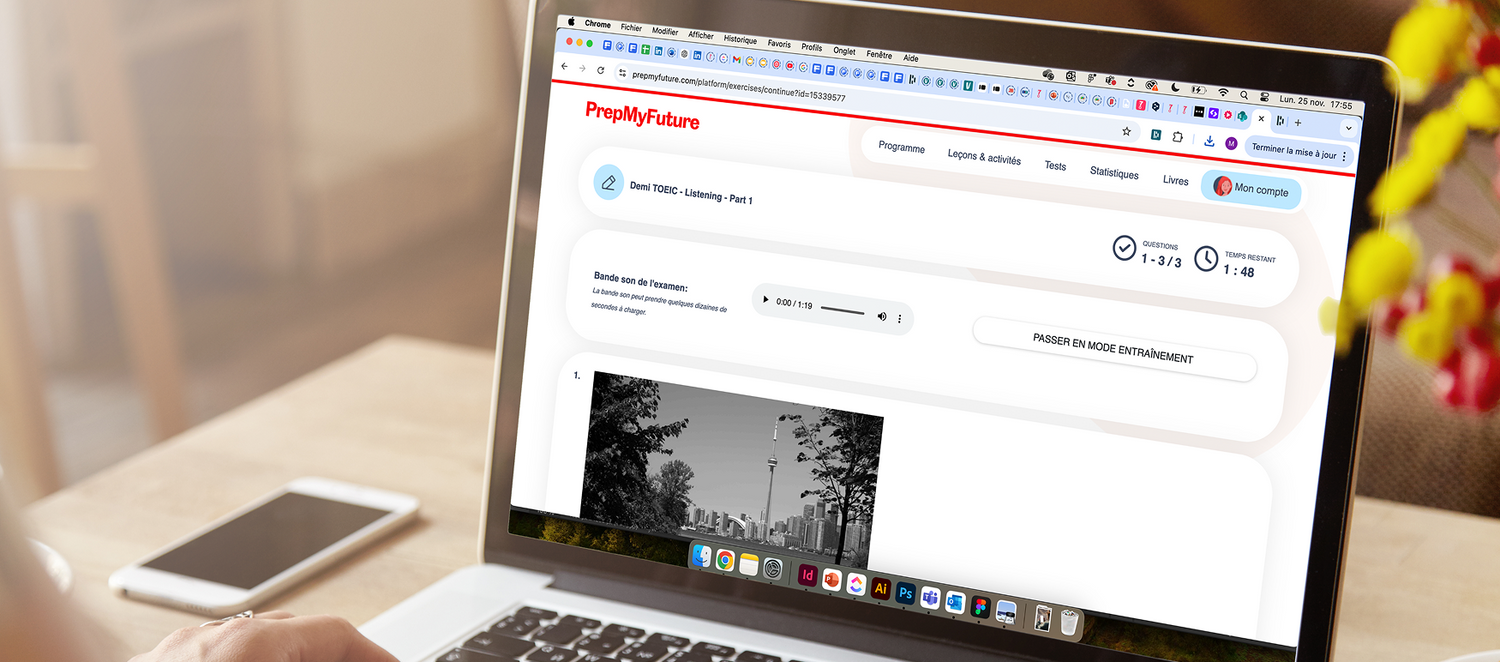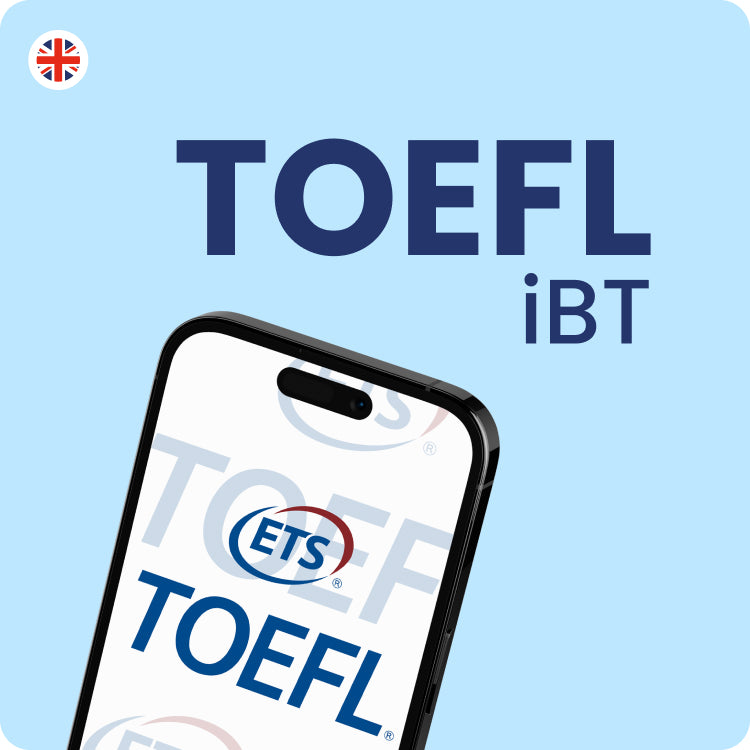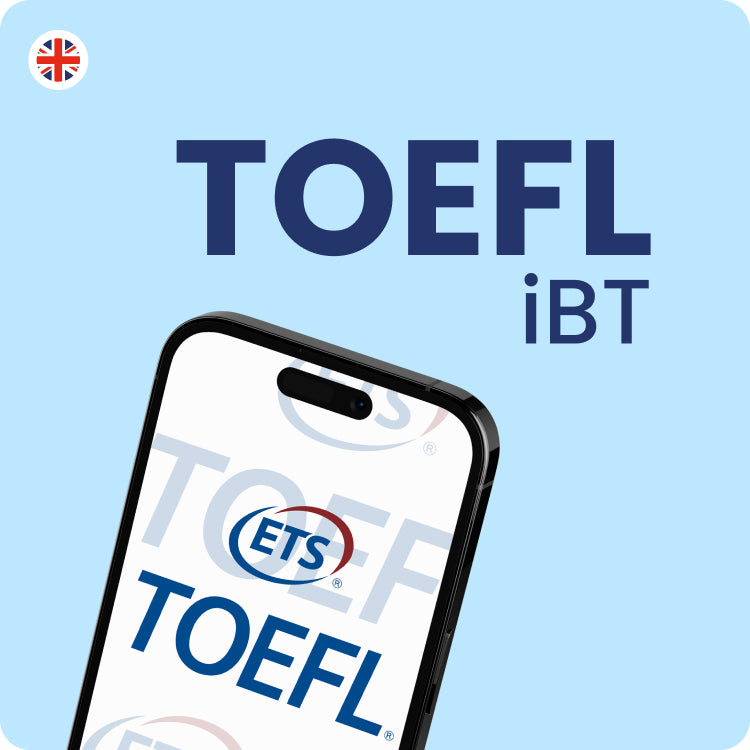TOEFL IBT Reading - Tips and Tricks
TOEFL iBT Reading - Tips and Tricks?
Tip #1 - TOEFL IBT Reading: Know the typical questions like the back of your hand
As in every official exam, there is a limited number of question types and each question of the same type is structured in the same way. Thus, each type of question has its own method that will allow you to pass the exam. TOEFL IBT Reading . It is the automatisms that you will develop during training that will make you more efficient.
Tip #2 - TOEFL IBT Reading: Manage your time and skim read
To answer a question, it is often not necessary to have understood the entire text. But to be sure of your answer, it is often essential to know all the details of the text in question. This is why we offer you a method to finish on time. Reading of TOEFL IBT :
- Do a quick first reading of the text. Don't try to do a thorough reading of the text on the first reading. Memorize the main ideas, identify the content of each paragraph, and understand the author's point of view.
- Answer the questions, you will return to the text to look for details if necessary.
Above all, remember to answer all questions before the time runs out because there are no negative points for wrong answers. ( How is the TOEFL IBT score calculated )
Tip #3 - TOEFL IBT Reading: Process by elimination
Sometimes, even often, you don't get the right answer the first time. You then have to proceed by process of elimination. This method also allows you to check your answers.
It is important to keep in mind that TOEFL IBT Only one answer is correct, even if it may seem imperfect. In fact, you often have to choose the least bad answer. The most effective way to eliminate answers is to know the structure of bad answers.
Tip #4 - TOEFL IBT Reading: Mastering Linking Words
THE "linking words" , or logical connectives, are essential for understanding texts, especially since it is the only type of vocabulary that we can be sure will appear in all texts.

Découvrez la plateforme PrepMyFuture
Découvrir
PrepMyFuture
TOEFL iBT

